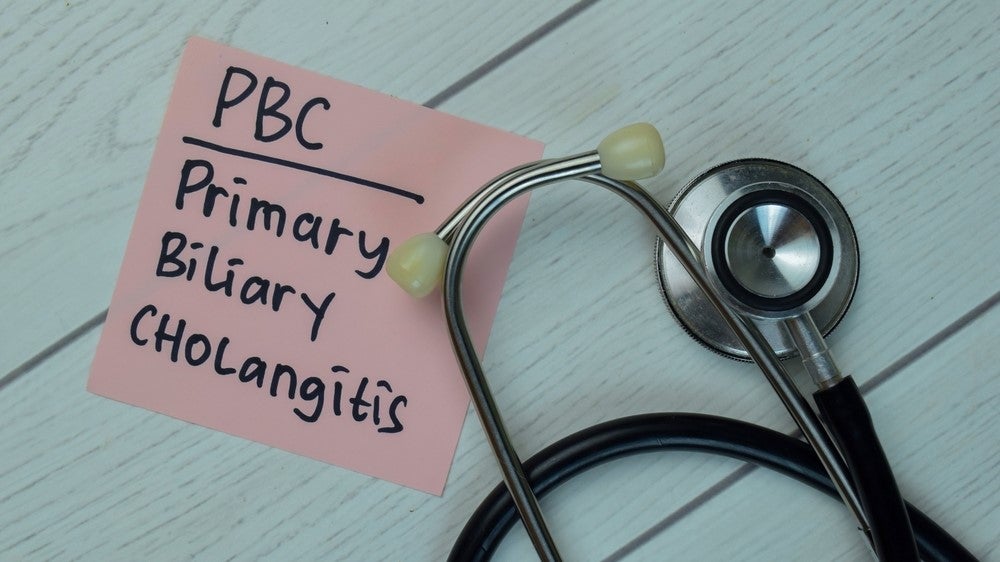
Ipsen and Genfit have announced plans to file regulatory submissions to the US Food and Drug Administration (FDA) and the European Medicines Agency (EMA) following the positive Phase III clinical trial results for elafibranor as a second-line treatment for primary biliary cholangitis (PBC).
PBC is a rare auto-immune cholestatic liver disease where bile ducts are progressively destroyed, leading to bile buildup in the liver.

Discover B2B Marketing That Performs
Combine business intelligence and editorial excellence to reach engaged professionals across 36 leading media platforms.
According to the British Liver Trust, the treatment for PBC is symptomatic and can ultimately require a liver transplant. Ursodeoxycholic acid (UDCA) is mainly used in PBC to help prevent or delay liver damage.
The open-label, randomised, placebo-controlled Phase III ELATIVE trial (NCT04526665) met its primary composite endpoint. The study evaluated the safety and efficacy of elafibranor in combination with UDCA in PBC patients with intolerance or inadequate response to UDCA.
Patients with an inadequate response to UDCA received it in combination with elafibranor or placebo while patients unable to tolerate UDCA received only elafibranor or placebo.
Of the patients only receiving elafibranor, 51% of the patients had an alkaline phosphatase (ALP) decrease of ≥ 15%, and total bilirubin (TB) ≤ upper limit of normal at 52 weeks. Only 4% of patients on placebo reported the above response. Reduction in levels of ALP and TB indicated an improved liver function and bile flow.

US Tariffs are shifting - will you react or anticipate?
Don’t let policy changes catch you off guard. Stay proactive with real-time data and expert analysis.
By GlobalDataThere was a reduction in itchy skin (the most common symptom of PBC) with elafibranor.
Ipsen executive VP Howard Mayer said: “These are encouraging results that suggest elafibranor could be an effective treatment to prevent the progression of PBC in patients who have received UDCA. It has a good safety profile and was well-tolerated, and could provide an important new therapeutic option for long-term treatment of patients with this debilitating condition.”
The full data from the ELATIVE trial is expected at a future scientific congress.





